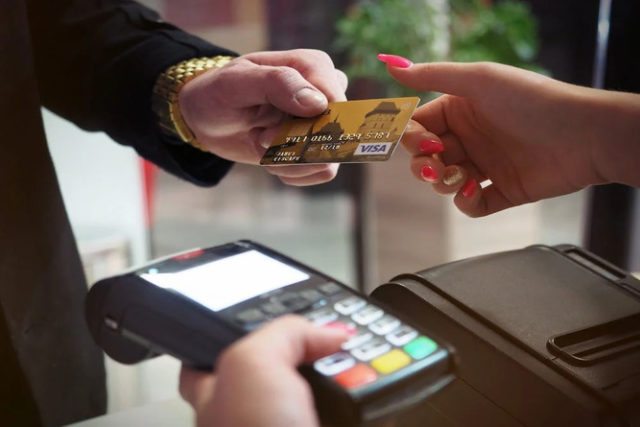To protect your financial and personal information from fraud and identity theft, credit card security is crucial. You can considerably lower your risk of being a victim of such crimes by adopting preemptive measures. Here are some crucial precautions you may take to safeguard yourself:
- Keep your credit cards safe: –
- Handle them with the same respect you would other valuables. Keep them safe, and unless absolutely necessary, try not to carry all of your cards on you.
- Personal Identification Numbers should be memorised rather than written down. Do not use numbers that are simple to guess, such as your birthdate or a series of numerals.
- Never divulge your card information to anyone unless you are conducting a secure transaction, including the card number, expiration date, CVV (Card Verification Value), and PIN.
- Use caution when disclosing your card information:
- Unless you have started contact and are confident in the recipient’s identification, avoid giving out your credit card number over the phone or by email.
- When inputting your card information online, use caution. On HTTPS-encrypted secure websites only, provide your details. In the address bar of the browser, look for the padlock icon.
- Consistently review your statements: –
- Every month, thoroughly review your credit card statements to look for any unauthorised transactions or dubious activity.
- Report any anomalies or unusual expenditures right away to the company that issued your credit card.
- Configure transaction notifications and alerts:
- Many credit card companies offer email or text message alerts and notifications for a variety of events, such as sizable purchases, overseas transactions, or going over a certain spending limit. Enable these notifications to receive updates on your card activity.
- Safeguard your personal information: –
- Prevent unauthorised access to your personal information, which includes your Social Security number, birth date, and other sensitive information. Only divulge this information to trusted others when it is essential.
- Be wary of disclosing personal information on social media sites since it could be exploited by scammers to assume your identity or figure out your security questions.
- Create unique passwords:
- Create secure, unique passwords that include a combination of letters, numbers, and special characters when creating online accounts for managing your credit cards.
- Do not include in your password any information that is simple to guess, such as your name, birth date, or a string of digits.
- Update your software and hardware frequently: –
- Update the security patches and antivirus software on your computer, smartphone, and other devices. Regular upgrades aid in defending against known flaws that fraudsters can exploit.
- Watch out for phishing attempts: –
- Be aware of unauthorised emails, phone calls, or texts that ask for your personal or financial information. Such information will not be requested through insecure means by legitimate organisations.
- Be careful when clicking on strange links or downloading files from unidentified sources because they can be infected with malware that can steal your information.
- Use secure Wi-Fi networks: –
- Steer clear of using public Wi-Fi networks to access sensitive data or conduct online credit card transactions. On these networks, data can be intercepted by hackers, thus jeopardising your security.
- Monitor your credit report:
- Keep an eye out for any strange activity or accounts that have been started in your name without your permission. Report any differences right once.
You can increase the security of your credit card and lower the chance of fraud and identity theft by taking these safeguards and exercising caution. Always report any fraudulent activity to your credit card company and the appropriate law enforcement agency as soon as you become aware of it.
Conclusion
In conclusion, self-defence against credit card fraud and identity theft necessitates a mix of preventative actions and continual watchfulness. You can considerably lower your risk of becoming a victim of these crimes by putting the above-described actions into practice. Remember that maintaining credit card security requires continual work, and it’s crucial to keep up with new security procedures and potential threats. You can safeguard your financial security and personal information from unauthorised access and fraudulent actions by being proactive and aware.










































